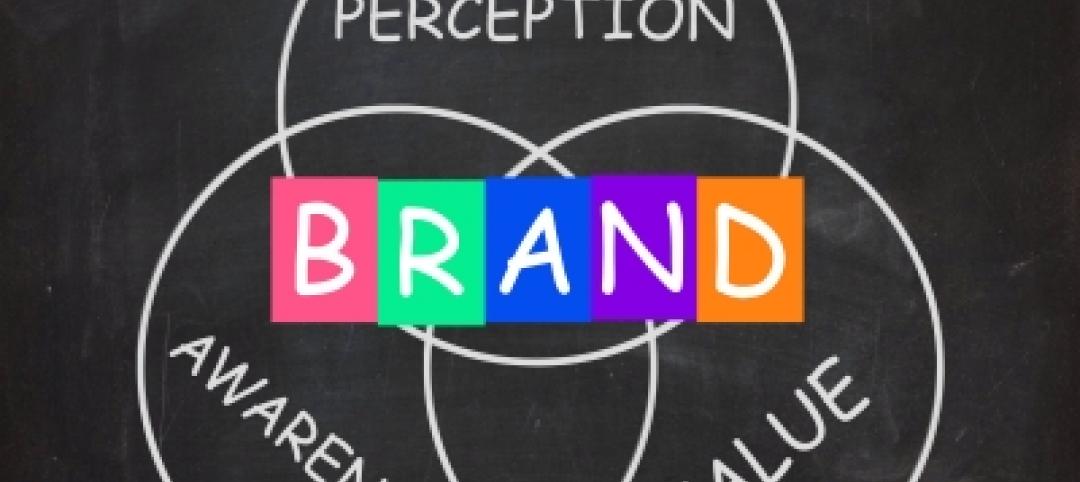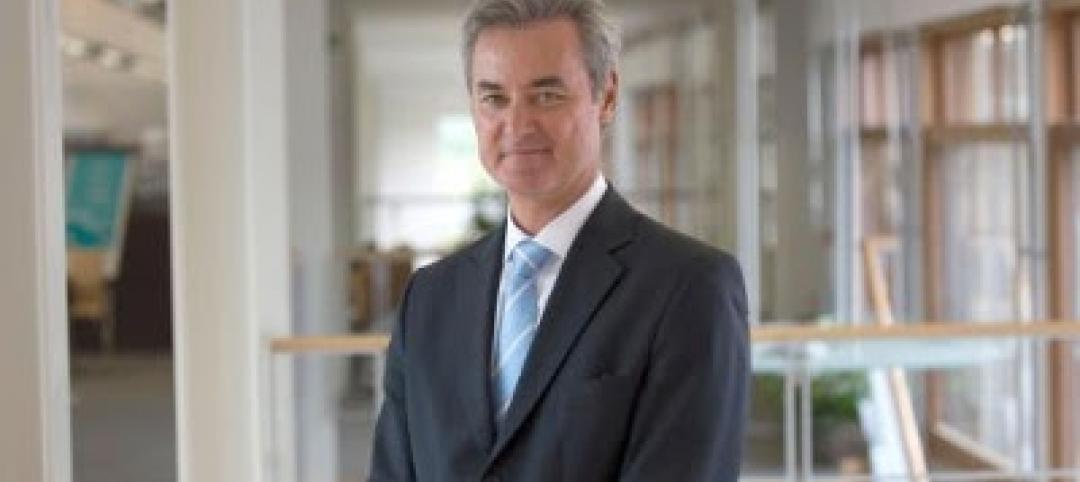In June, the U.S. Justice Department made headlines when it became the first federal agency to mandate implicit bias training for its employees. In the coming months, more than 23,000 agents from the ATF, DEA, FBI, and U.S. Marshals Service, and some 5,800 prosecutors, will receive the science-based coaching.
The goal is to better understand the “hidden,” or unconscious, characterizations and stereotypes—particularly pertaining to gender, nationality, social class, and race—that unknowingly affect agents’ decisions and actions in law enforcement situations. The Justice Dept. wants its employees to become more aware of their subconscious prejudices and learn how to shun them altogether.
Skeptics view the move as a knee-jerk reaction to the headline-grabbing, riot-sparking police shootings in Baton Rouge, La., Chicago, Cleveland, Ferguson, Mo., and North Charleston, S.C. But Justice Dept. officials cite successful implicit bias training programs at the local law enforcement level—in Baltimore, Los Angeles, New Orleans, New York City, and Seattle, to name a few—as the impetus for the directive.
“This program has been so well-received by our state and local counterparts, we thought it was something we should be offering to our federal agents, frankly, to get our own house in order,” Deputy Attorney General Sally Yates told Reuters.
Before writing off implicit bias education as the 21st century’s version of sensitivity training, consider this: Some of the world’s largest and most progressive companies—including Coca-Cola, Facebook, and Google—have implemented formal unconscious bias training programs. And other corporate and tech giants—Apple and Intel included—have invested heavily in diversity and inclusion initiatives.
These companies are tapping into the latest research in psychology and sociology not only to advance their diversity and inclusion efforts when it comes to hiring, promoting, compensation, and high-performance teaming, but also to gain a better understanding of the tendencies of their employees, colleagues, and customers. In short, they believe diversity and inclusion make good business sense, when done right.
“It’s not enough just to throw people together,” says diversity consultant and author Howard Ross. “People need to learn how to interact with each other appropriately. They need to learn that the more diversity we have, the more work we have to do.”
Ross says implicit bias impacts almost all facets of business: hiring, recruitment, mentoring, performance reviews, supervisory decisions, client service, marketing. It affects how business professionals view their market: what they see and hear, what they don’t see and hear, how they solve problems, how they interpret situations, how they set norms and expectations.
In November, at BD+C’s first annual Women in Design+Construction Conference in Dana Point, Calif., implicit bias expert Sally Jue, of consulting firm Cook Ross, will explore ways that unconscious bias affects the AEC industry, particularly women in the profession. Jue will lead a talk and workshop in which participants will examine their own background and identities so that they can interact more authentically with their employees, colleagues, clients, family, and friends.
For more on the WiD+C Conference, visit: www.BDCnetwork.com/WIDC.
David Barista, Editorial Director
dbarista@sgcmail.com
Related Stories
Sponsored | | Apr 15, 2014
Value billing and differentiation
Regardless of the fee you charge, clients and prospects decide the value of your professional services based on their experience with your firm.
| Apr 11, 2014
ULI report documents business case for building healthy projects
Sustainable and wellness-related design strategies embody a strong return on investment, according to a report by the Urban Land Institute.
| Apr 11, 2014
First look: KPF's designs for DreamWorks in the massive Shanghai DreamCenter
Two blocks of offices will be centerpiece of new cultural and lifestyle district in the West Bund Media Port.
| Apr 11, 2014
Start your engines: Ferrari plans to build first ever hotel
Clad in the carmaker's signature "Ferrari red," the hotel will resemble the grill and hood of one of its iconic cars.
| Apr 10, 2014
Collegiate sports becoming greener: Survey
A survey conducted from May through June 2013 by the University of Arizona Office of Sustainability and published by the Natural Resources Defense Council (NRDC)* finds that more collegiate athletic teams are adopting green and sustainable practices in operation of their sports facilities.
| Apr 10, 2014
Submit Your Project for a Bluebeam eXtreme Award!
Bluebeam is holding the second annual Bluebeam eXtreme Awards at the 2014 Bluebeam eXtreme Conference in Hollywood, Calf.
| Apr 9, 2014
How patient-centered medical homes can help healthcare providers and patients
Beyond reducing the number of uninsured Americans, the Affordable Care Act is driving new types of healthcare facilities, especially patient-centered medical homes.
| Apr 9, 2014
Colossal aquarium in China sets five Guinness World Records
With its seven salt and fresh water aquariums, totaling 12.87 million gallons, the Chimelong Ocean Kingdom theme park is considered the world’s largest aquarium.
| Apr 9, 2014
Gregory Hodkinson appointed head of Arup Group
Hodkinson has spent his professional career at Arup and brings more than 40 years' experience in large-scale projects to the new role, including several in the US and Canada.
| Apr 9, 2014
5 important trends shaping today’s hotel construction market
AEC firms, developers, and investors worldwide are bullish on hotels. Our hospitality Giants share what’s new in this fast-morphing sector.

















